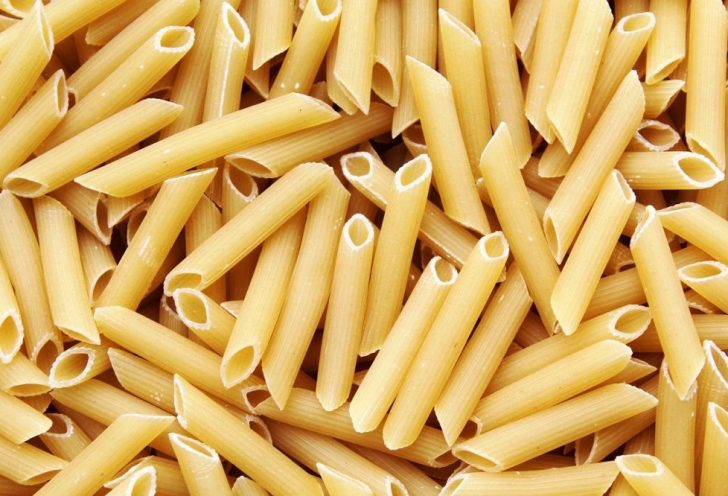Diet Protein: A Comprehensive Guide to Types, Quantitative Measurements, and Historical Pros and Cons

Introduction
Diet protein has gained significant popularity in recent years due to its potential benefits in weight management, muscle growth, and overall health. This article aims to provide an in-depth overview of diet protein, including its definition, various types available, their popularity, quantitative measurements, a discussion on their differences, and a historical analysis of their pros and cons.
What is Diet Protein?

Diet protein refers to a type of protein supplement specifically designed to support weight loss or muscle-building goals. It typically contains a high protein content with a reduced amount of carbohydrates and fats compared to regular protein supplements. The primary purpose of diet protein is to provide essential amino acids required for muscle synthesis and repair while minimizing calorie intake.
Types and Popularity of Diet Protein
1. Whey Protein: Whey protein isolate or concentrate is a popular form of diet protein widely used for muscle recovery and growth. Its popularity can be attributed to its fast digestion rate, high biological value, and rich essential amino acid profile.
2. Casein Protein: Casein protein is a slow-release protein that provides a sustained release of amino acids, making it ideal for prolonged muscle recovery. It is commonly consumed before bedtime to promote overnight muscle repair.
3. Soy Protein: Soy protein is a popular alternative to animal-based protein powders, especially for individuals following vegetarian or vegan diets. It contains all essential amino acids and offers potential health benefits, such as reducing cholesterol levels.
4. Pea Protein: Pea protein is derived from yellow split peas and is gaining popularity among individuals with specific dietary restrictions, such as gluten-free or lactose-intolerant diets. It is also easily digestible and rich in branched-chain amino acids.
5. Hemp Protein: Hemp protein is extracted from hemp seeds and is highly beneficial due to its complete amino acid profile, including essential fatty acids. It is also a great source of fiber.
6. Rice Protein: Rice protein is derived from brown rice and is an excellent alternative for individuals with soy or dairy allergies. It is easily digestible, hypoallergenic, and suitable for a wide range of dietary preferences.
Quantitative Measurements of Diet Protein
To determine the quantitative measurements of diet protein, several factors should be considered, such as protein content per serving, amino acid profile, and overall macronutrient ratio. Protein content is typically measured in grams per serving, with higher values indicating more significant protein concentration. Additionally, the amino acid profile should include essential amino acids, such as leucine, valine, and isoleucine, which play a vital role in muscle protein synthesis.
Differences Between Diet Proteins
1. Digestion Rate: Different diet proteins vary in their digestion rates, influencing the release of amino acids into the bloodstream. Whey protein is rapidly digested, leading to a quick spike in amino acids, while casein protein provides a slow-release, sustained amino acid release.
2. Source: Diet proteins can be sourced from various sources, including animal (whey and casein), plant-based (soy, pea, hemp, and rice), or a combination of sources. The choice of source depends on specific dietary preferences and restrictions.
3. Allergenicity: Some individuals may have allergies or sensitivities to certain protein sources, such as soy or dairy. It is important to consider allergenicity when selecting a diet protein.
4. Nutritional Composition: The macro and micronutrient composition of diet proteins may differ. Some variants may offer additional nutrients, such as fiber, omega-3 fatty acids, or antioxidants.
Historical Pros and Cons of Diet Protein
1. Pros:
– Promotes muscle growth and repair: Diet proteins provide essential amino acids required for muscle synthesis and recovery.
– Aids weight management: High protein content helps with satiety and can assist in weight loss or maintenance.
– Convenient and versatile: Diet protein powders are easy to consume, portable, and can be added to various recipes and shakes.
2. Cons:
– Potential digestive issues: Some individuals may experience bloating, gas, or discomfort due to certain protein sources or sweeteners used in diet protein products.
– Substituting whole foods: Relying solely on diet protein for nutrition may lead to nutrient deficiencies if whole food sources are not adequately incorporated.
– Quality and safety concerns: Not all diet protein products are created equal, and some may contain contaminants or fillers. It is essential to choose reputable brands and ensure product safety.
Conclusion
Diet protein encompasses a wide range of protein supplements designed to support weight management and muscle growth goals. Understanding the various types of diet protein, their quantitative measurements, differences, and historical pros and cons is vital for individuals looking to optimize their dietary choices. As always, consulting with a healthcare professional or nutritionist is recommended to determine the best diet protein option for individual needs and goals.





















